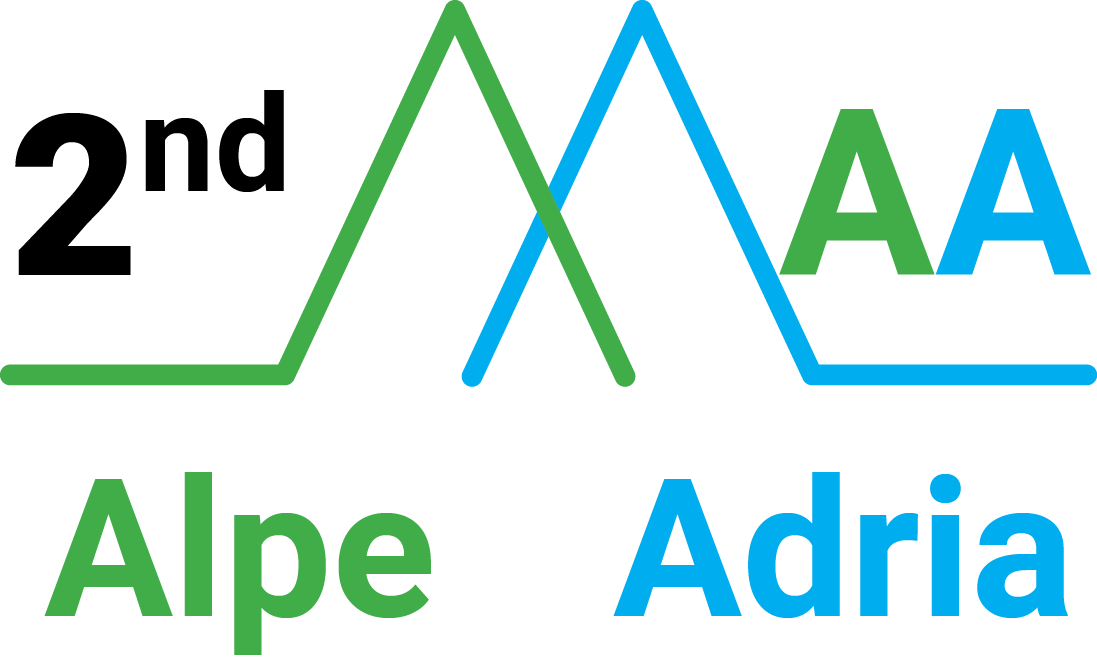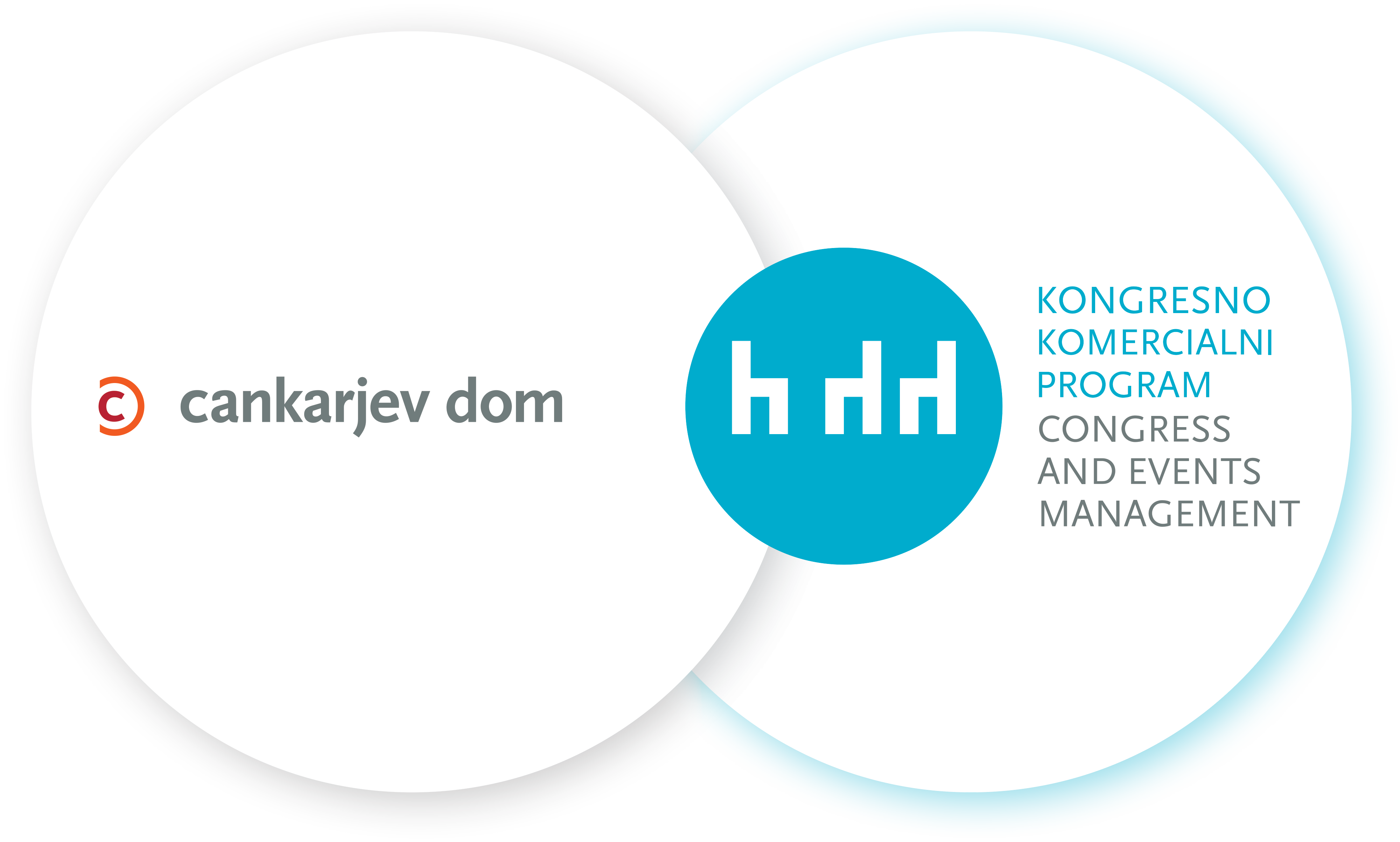Programme
-
Time Union Hall 13:00 - 13:15 Opening
13:15 - 14:50 Session 1 – Parkinson’s Disease (PD) and Non-Motor Symptoms (NMS)
Moderators: Maja Kojović, Igor PetrovićIs Parkinson's Disease - Are we ready for a Biological Definition?
Poewe Werner (AT)Non-Motor Symptoms in PD
Gabriela Novotni (MK)Impulse Control Disorders
Igor Petrović (RS)Cardiovascular Dysfunction in Parkinson’s Disease
Allesandra Fanciulli (AT), Sandro Ibrulj (SI)Discussion 14:50 - 15:10 Coffee Break
15:10 - 16:40 Session 2 – Other Movement Disorder Syndromes
Moderators: Zvezdan Pirtošek, Iva StankovićAtypical Parkinsonisms
Iva Stanković (RS)Dystonia
Aleksandra Tomić (RS)Tourette Syndrome
Zvezdan Pirtošek (SI)Paroxysmal Movement Disorders
Roberto Erro (IT)Discussion 16:40 - 17:00 Break 17:00 - 17:30 Satelite symposia 17:30 - 18:00 Satelite symposia 18:00 - 19:10 Session 3 – Sleep and Dystonia
Moderators: Leja Dolenc Grošelj, Falup-Pecurariu CristianSleep Disorders in Parkinson’s Disease
Lea Dolenc Grošelj (SI)Sleep Disorders in Other Movement Disorders
Cristian Falup-Pecurariu (RO)The New Classification of Dystonia and What It Means
Alberto Albanese (IT)Discussion 19:15 - 20:45 Welcome Reception -
Time Union Hall Glass Hall 9:00–10:10 Session 4 – Treatment of PD I.
Moderators: Maja Trošt, Norbert KovacsTreatment Challenges in Early PD
Carlo Colosimo (IT)Treatment Principles of Middle Stage PD
Regina Katzenschlager (AT)Best Timing and Choice for the Continuous Treatment in PD
Norbert Kovacs (HU)Discussion 10:10–10:30 Coffee Break 10:30–12:00 Session 5– Treatment of PD II.
Moderators: Vladimira Vuletić, Paolo ManganottiCommon Troubles and Their Prevention/Solution in Invasive Treatment of PD?
Vladimira Vuletić (HR)Non Invasive Brain Stimulation in PD: The Novelty of Ultrasound
Paolo Manganoti (IT)Neuro-Paliative Care in Parkinsonism
Manon Auffret (FR)Disease Modifying Treatment in PD – Where Are We?
Jaroslaw Slawek (PL)Discussion 12:00 - 12:30 Satellite Symposia 12:30–13:30 Lunch Break 13:30–14:30 Satellite Symposia Parallel Session 1 Role of PD Nursing in PD: Competences, Patient Care and Lessons from Practices in Various Countries
Moderator: Anna RoszmannThe role of the PD nurse: good practices and competencies from the UK.
Yogini Chokeepermal-Naidu (UK)
The Croatia Perspective on Holistic Patient Care in Parkinson’s Disease
Romana Brnić Andrić (HR)
Experiences From Poland: The Nurse’s Involvement in Care Planning
Anna Roszmann (PL)
Comparative Approaches in the Region – Key Practices and Collaboration Highlights
Robert Rajnar (SI)14:30-14:40 Break 14:40–15:55 Best Posters Presentation
Moderator: Maja Kojović, Dejan Georgiev14:40–15:55 Parallel Session 2
Moderator: Robert RajnarClinical correlates of adolescents with functional motor disorders in a neurology setting, data from the Italian registry of functional motor disorders
Christian Geroin (IT)
Correlations between the Development of Axial Postural Abnormalities and Genetically Determined Parkinson’s Disease
Eleonora Bertoncello (IT)
Correlation of Sleep Microstructure and Cerebrospinal Fluid Biomarkers of Neurodegeneration in Early Parkinson’s Disease
Elena Bianchi (IT)
Paradoxical Tremor Amplification and Impaired Arithmetic Performance During Cognitive Load in Functional Tremor
Marko Cibula (IT)Daily Dosing, Daily Living: The Nurse’s Role in Supporting Patients on LECIG
Martina Rozina Bučar, Robert Rajnar (SI)
Flowing Support: Nursing Care in s.c. Apomorphine Injections and Infusion Pumps
Robert Rajnar, Marina Krivokuća (SI)
Deep Brain Stimulation in Practice: The Expertise and Impact of PD Nurses
Denisa Sambolić, Edin Agović (SI)
Integrating Phisioterapy into the Treatment of Parkinson’s Disease with Deep Brain Stimulation
Sabina Ajdnik (SI)Blink reflex prepulse inhibition in functional movement disorders: a preliminary neurophysiological study
Antonio D'Onofrio (IT)
The Role of Image Co-registration in Deep Brain Stimulation (DBS) Surgery of the Subthalamic Nucleus (STN) for Parkinson’s Disease (PD)
Matej Lokar (SI)
Bilateral Magnetic Resonance-Guided Focused Ultrasound Thalamotomy in Essential Tremor: Real-World Data up to 1 Year and Evidence From the Literature
Fabio Paio (IT)
Microbial Diversity in Drug Naïve Parkinson’s Disease Patients
Eliša Papić (HR)
Metabolic Brain Imaging of Normal and Disease-Related Networks in Common Neurodegenerative Disorders: Do They Overlap?
Matej Perovnik (SI)
Neurophysiological Signature of Cognitive–Motor Interaction During Dual-Task Balance in Early Parkinson’s Disease
Manca Peskar (SI)
Why Patients Stop: Factors Behind Continous Subcutaneous Foslevodopa-Foscarbidopa Infusion Discontinuation
Tomaž Rus (SI)
Is GBA1 Mutation Status a Game-Changer for Impulse Control Behaviour in Parkinson’s Disease?
Maksim Šarčević (RS)
Effect of group size and image resolution of the FDG-PET scans on the diagnostic performance of Parkinson’s disease related pattern
Eva Štokelj (SI)
Tremor Progression of Patients With Parkinson’s Disease Over 4.22 Years: Clinical and fMRI Neuroimaging Correlates
Melanie Suette (AT)
Assessing the Effect of taVNS on the Activity of Brainstem Nuclei in PD Patients: An fMRI Study
Vesna van Midden (SI)15:55–16:25 Poster Session Satellite Symposia 16:25-16:45 Coffee Break 16:45–18:00 Session 6 – Treatment of PD III.
Moderators: Dejan Georgiev, Elena MoroParallel Session 3 - Comprehensive Medical Device Support Programs With Discussion The History and Future of Deep Brain Stimulation for PD
Elena Moro (FR)Speaker: Maurizio Moroni (IT) Deep Brain Stimulation for Other Movement Disorders
Dejan Georgiev (SI)Expert Round Table
Moderator: Yogini Chokeepermal-Naidu
Anna Roszmann (PL), Robert Rajnar (SI), Marina Krivokuća (SI), Sabina Ajdnik (SI)Focused Ultrasound in Movement Disorders
Andres Lozano (CA)Discussion 18:00–19:00 Session 7 – Imaging
Moderators: Tomaž Rus, Perovnik MatejMolecular Brain Imaging in Everyday Clinical Practice
Maja Trošt (SI)Novel Applications of Metabolic Brain Networks
David Eidelberg (US)Discussion 19:00-19:15 Awards Ceremony -
Time Glass Hall 9:00 - 10:00 Session 8 – Genetic Movement Disorders
Moderator: Vesna Van Midden, Maja KojovićPhenotype-Genotype Correlations in Movement Disorders
Kailash Bhatia (UK)Genetics of PD
Maria Valente Enza (IT)Discussion 10:00 - 11:10 Session 9 – Neurophysiology of Movement Disorders
Moderators: Maja Kojović, Maja KlarendićNeurophysiological Evaluation of Tremor
Petra Schwingenschuh (AT)Neurophysiological Evaluation of Dystonia
Francesca Morgante (UK)Neurophysiological Evaluation of Other Movement Disorders
Maja Kojović (SI)Discussion 11:10- 11:30 Coffee Break 11:30- 12:45 Session 10 – Functional Movement Disorders
Moderators: Berlot Rok, Tereza SerranováFunctional Movement Disorders – Classification
Michele Tinazzi (IT)Functional Movement Disorders- Pathophysiology
Mark Edwards (UK)Mangement of Functional Movement Disorders
Tereza Serranová (CZ)Discussion 12:45 - 13:00 Closing

